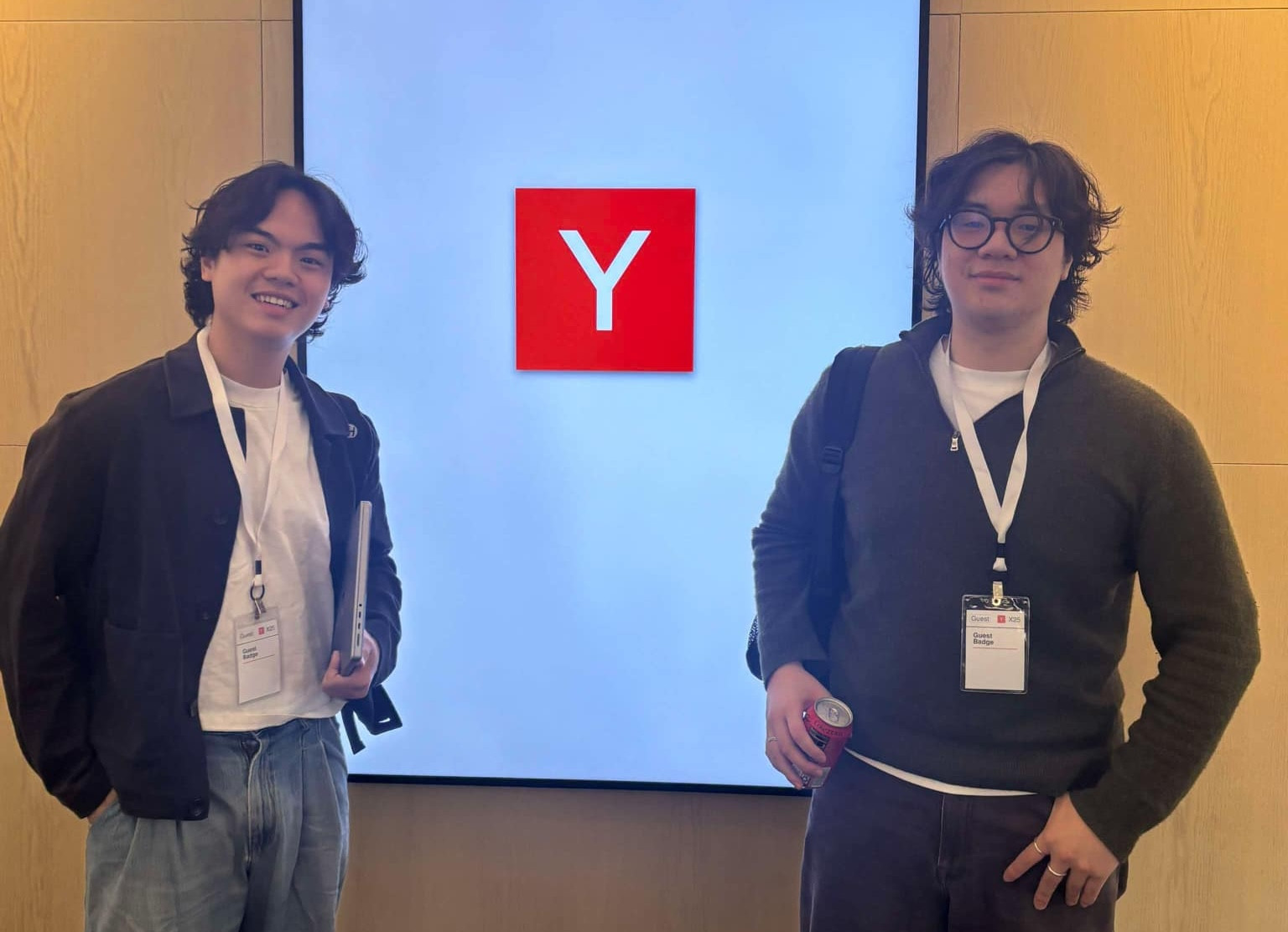
Securing funding from Y Combinator (YC) is really challenging, described as “one of the toughest selection processes in the startup world,” with an acceptance rate of only 0.6 percent this year. Nguyen Hoang Nam, born in 2002, faced rejection from YC twice before earning approval.
Gap year
When he was a student at Doan Thi Diem Secondary School in Hanoi, Nam always approached things in a creative and different way. After grade 9, he decided to attend a boarding school in the US.
There, he was exposed to a learning culture that encouraged students to ask questions and seek answers independently—a foundation for his entrepreneurial journey. Nam also joined the school’s investment club, learning to analyze financial reports and manage a student-run investment fund worth $100,000. This experience led him to study Economics at UCLA.
During his first two years at university, Nam interned at multinational corporations. However, he felt these jobs stifled his creativity.
“It felt like I was a cog in a massive machine, unable to do anything unique. I wanted to create a product that was truly my own,” Nam said.
That was why he to shifted to studying Computer Science, despite being close to completing his Economics degree.
In the summer of his third year, Nam participated in a research program at Stanford University’s School of Law. As a tech student, he was intrigued that US law firms rarely used AI, despite its potential to excel in tasks like reading, analyzing, and drafting legal documents.
Digging deeper, Nam discovered that the legal industry demands absolute accuracy. A single AI-generated error or breach of client confidentiality could lead to costly lawsuits or even a firm’s collapse. “That’s likely why US law firms are hesitant to adopt AI,” Nam said.
Therefore, Nam and a friend of his decided to develop an automated software system to monitor and verify how lawyers interact with AI tools, enabling law firms to use AI safely and minimize risks.
After three months, they created the first version. Though initially built for experiment, both saw its real-world potential. This led the two students to take a gap year from UCLA to focus on their startup.
Three attempts
The journey was far from easy. “Like every startup, I constantly had to answer the question ‘Are you building a product users truly need?’ Every morning, I woke up knowing I might face rejection or product issues. But I accepted it as part of the process,” Nam said.
To refine the product, the startup founders met with over 50 law firms across the US, most of which declined, skeptical about the product built by two students.
“Every time I was rejected, I often researched the factors they cared about, what were the priorities of the law firm when looking at a new software to buy for the company. After many improvements, upgrades, and security enhancements, finally, a law firm agreed to become the first customer,” Nam recalled.
The company was officially founded in early 2024. Beyond handling technical issues, Nam managed legal procedures, from tax registration to designing and selling the product. To date, the product is used by two US law firms with over 1,500 lawyers, receiving positive feedback.
Beyond the legal sector, the product has potential applications in other business fields like finance and healthcare, where AI inaccuracies could lead to serious consequences.
Before securing YC funding, Nam was rejected twice. On his third attempt, after passing the application round, his startup was selected for an interview. In less than 10 minutes, the young Vietnamese man presented a clear vision, product, market, and reasons why YC should choose his company. Ultimately, YC agreed to invest $500,000.
Additionally, Nam joined a 10-week intensive training program with top experts and gained support from one of the world’s largest startup ecosystems.
With this investment, Nam plans to build a software engineering team, accelerate product development, and enhance marketing to reach more law firms and help them understand the product’s value.
Thuy Nga